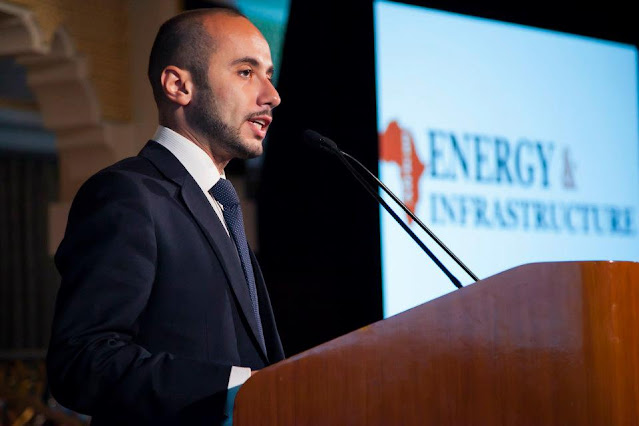
Starting a speech can be a daunting task, but there are a few things you can do to make it easier. Here are some tips to help you begin your speech:
- Start with an attention grabber: Begin your speech with something that will immediately capture your audience's attention. This could be a thought-provoking question, a surprising fact, or a personal story. Example: "Imagine a world where every person has access to clean water. Today, I am here to talk about the importance of water conservation and how we can all play a part in preserving this precious resource for future generations."
- State your purpose: Clearly state the purpose of your speech. This will give your audience a clear idea of what to expect and help them understand why your topic is important. Example: "The purpose of my speech today is to inform and educate my audience about the dangers of climate change and what actions we can take as individuals and as a society to mitigate its effects."
- Preview the main points: Give your audience a preview of the main points you will be discussing in your speech. This will give them a roadmap of your speech and help them follow along. Example: "During my speech, I will discuss the causes of climate change, its current and future impacts, and the potential solutions that we can all implement to reduce our carbon footprint and help slow down the effects of climate change."
- Be confident: Speak clearly and at a steady pace, make sure your body language is confident. Make eye contact with your audience and speak with enthusiasm. Example: "Good evening everyone, I want to thank you all for being here today. I am confident that my speech will provide valuable insights and I will be more than happy to answer any questions you may have afterwards."
- Use of slide, images or props if its helpful: If you have any visual aids that can help supplement your speech, use them. But make sure they are appropriate and well-designed. Example: "As we can see from this graph, carbon emissions have been increasing steadily over the past century. This is one of the main drivers of climate change and it is something that we can all work together to reduce."
- End with a strong closing: Sum up the main points of your speech and leave your audience with a powerful and memorable message. Example: "In conclusion, climate change is a real and pressing issue that affects us all. But by working together, we can reduce our carbon footprint, and make a difference for future generations. Together, let's take action to protect our planet and preserve it for future generations."
Remember, your opening should be strong and interesting but don't spend too much time on it. The main goal is to get your audience's attention, convey your purpose, and provide an overview of your main points.
By following these tips, you will be well on your way to starting a great speech.
